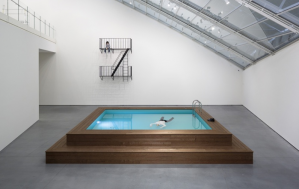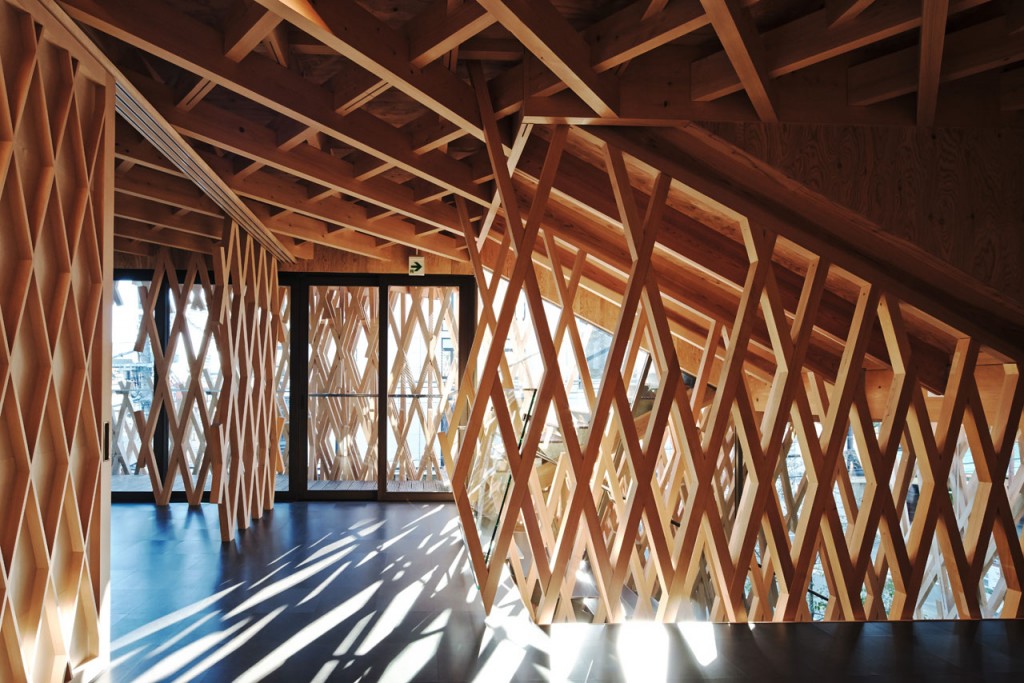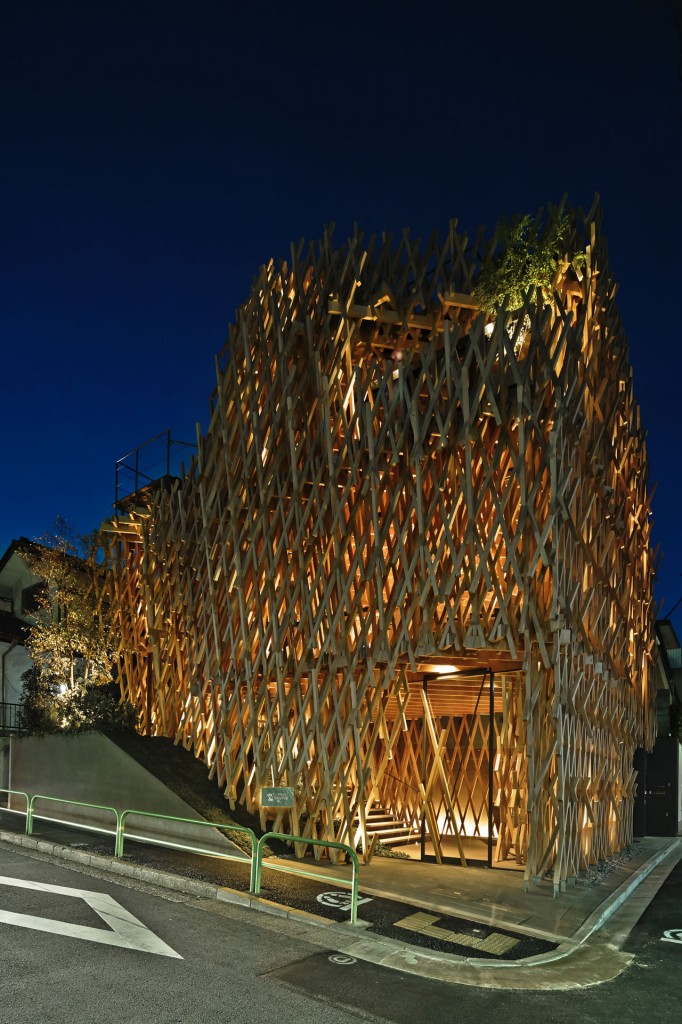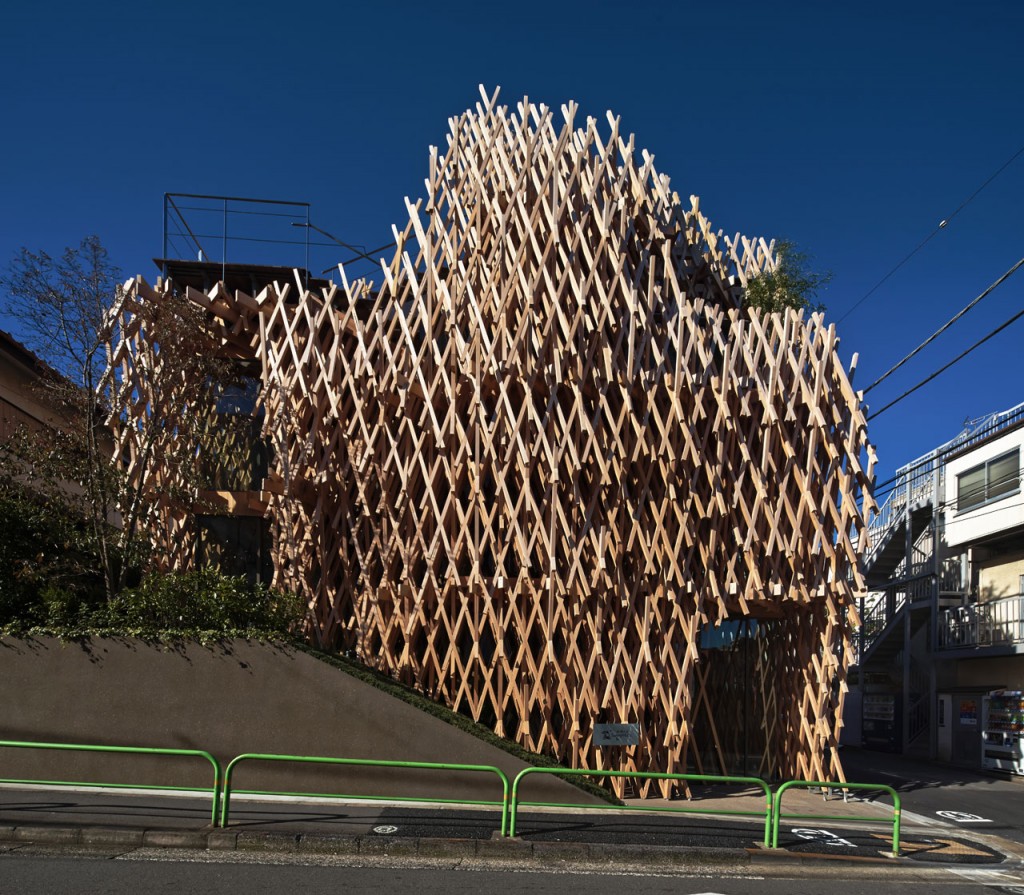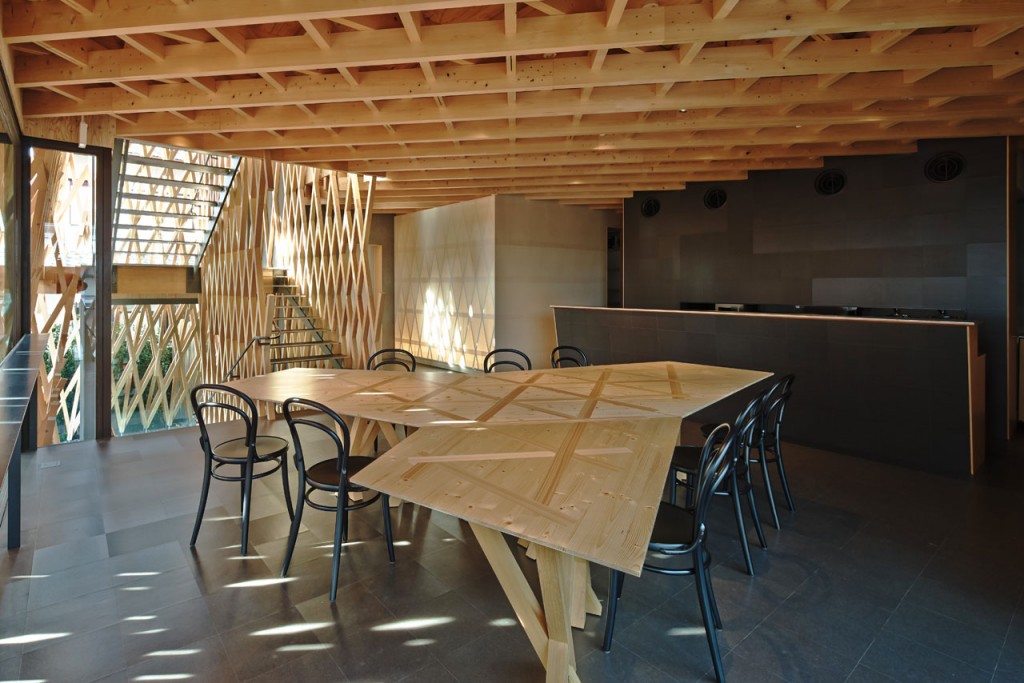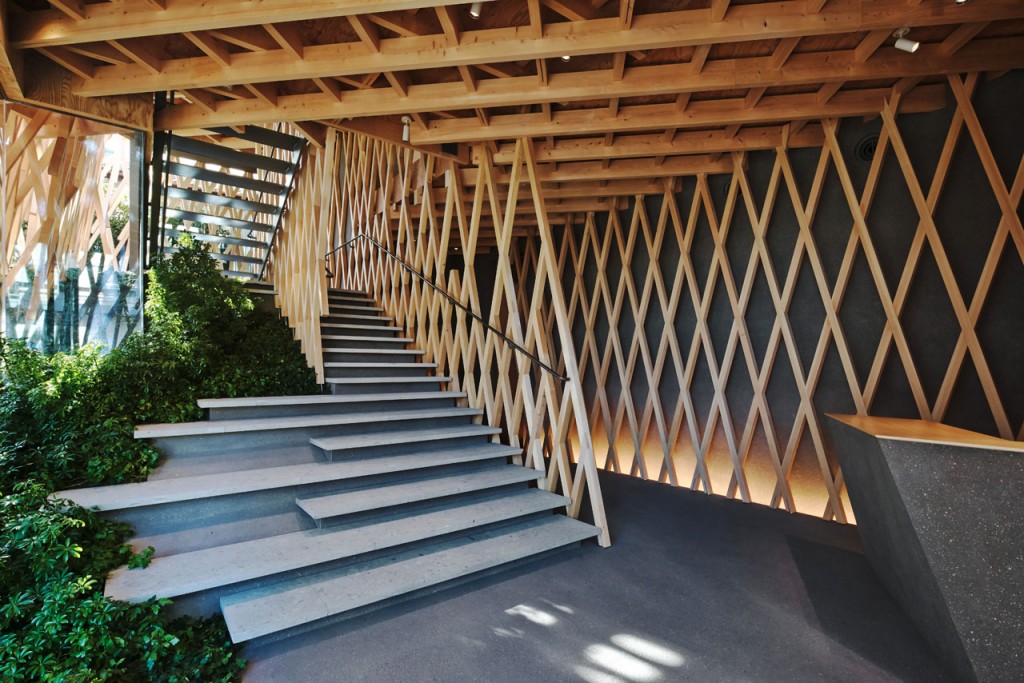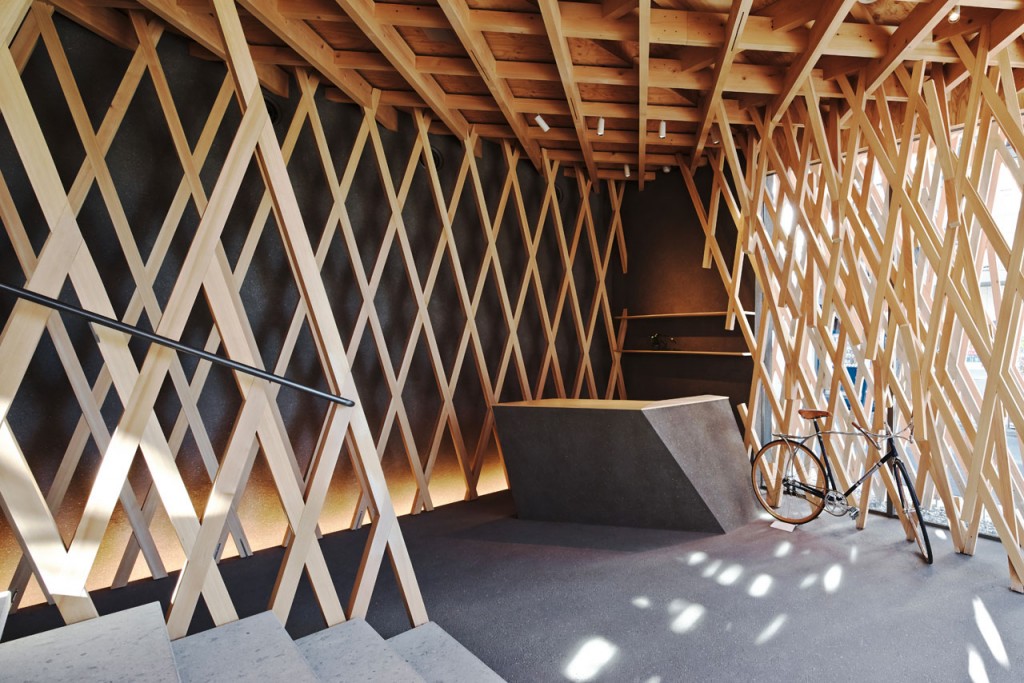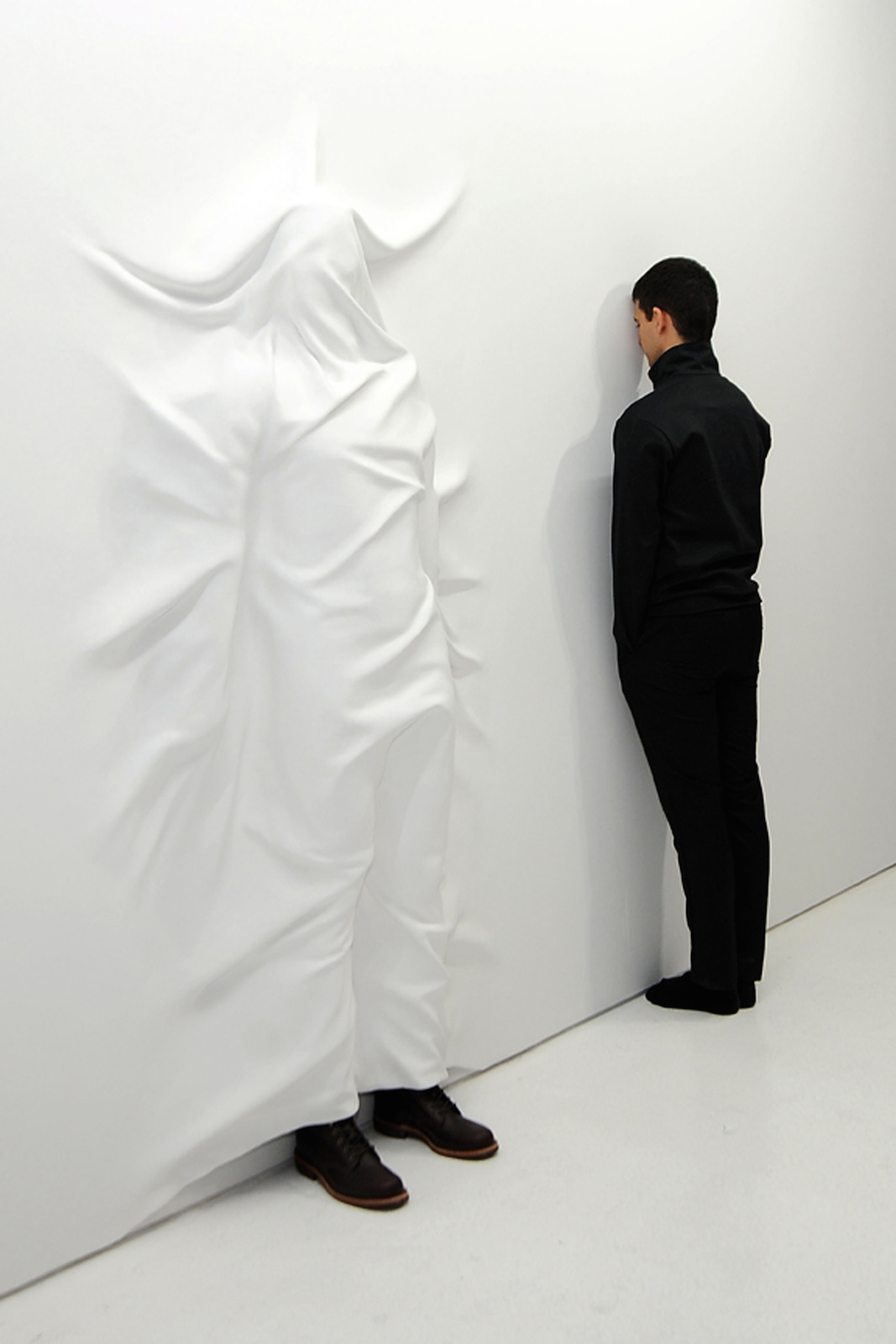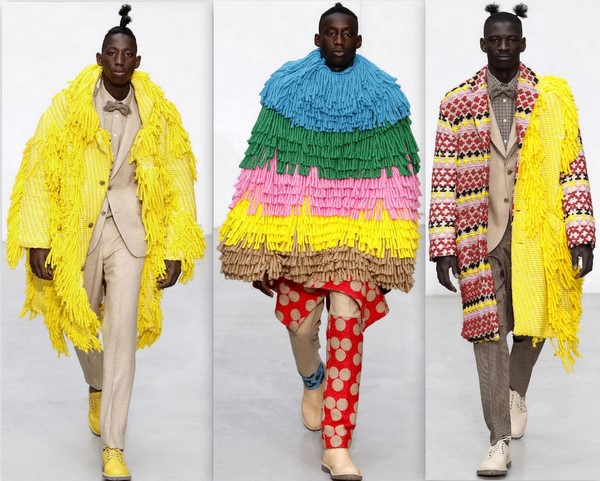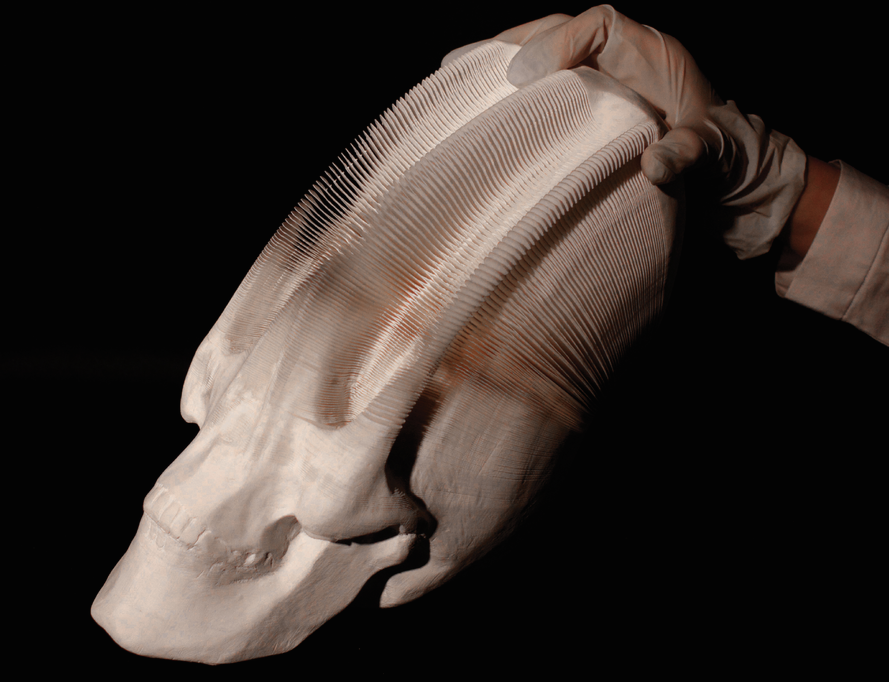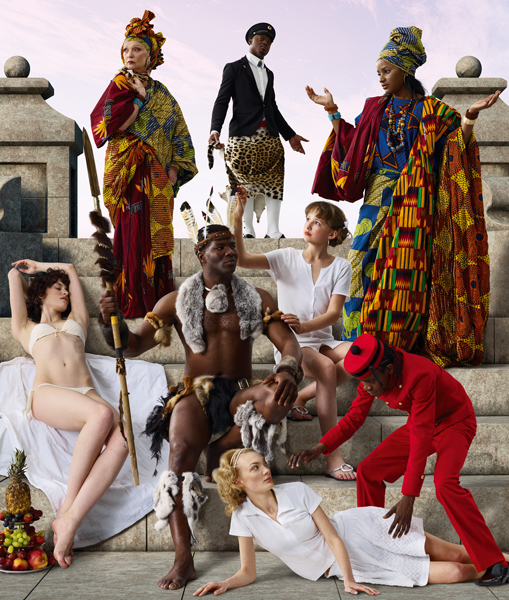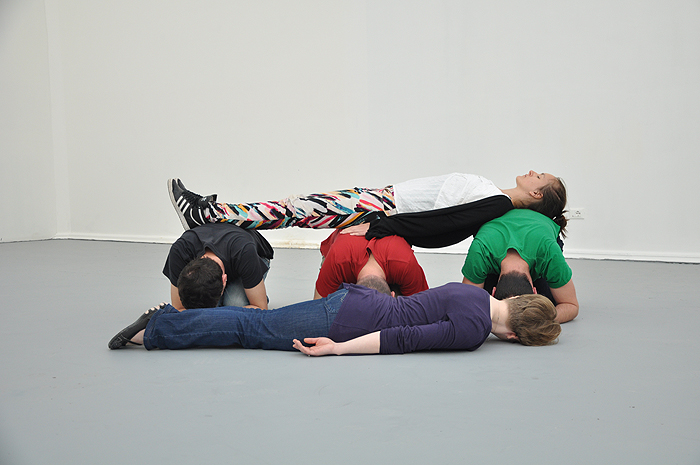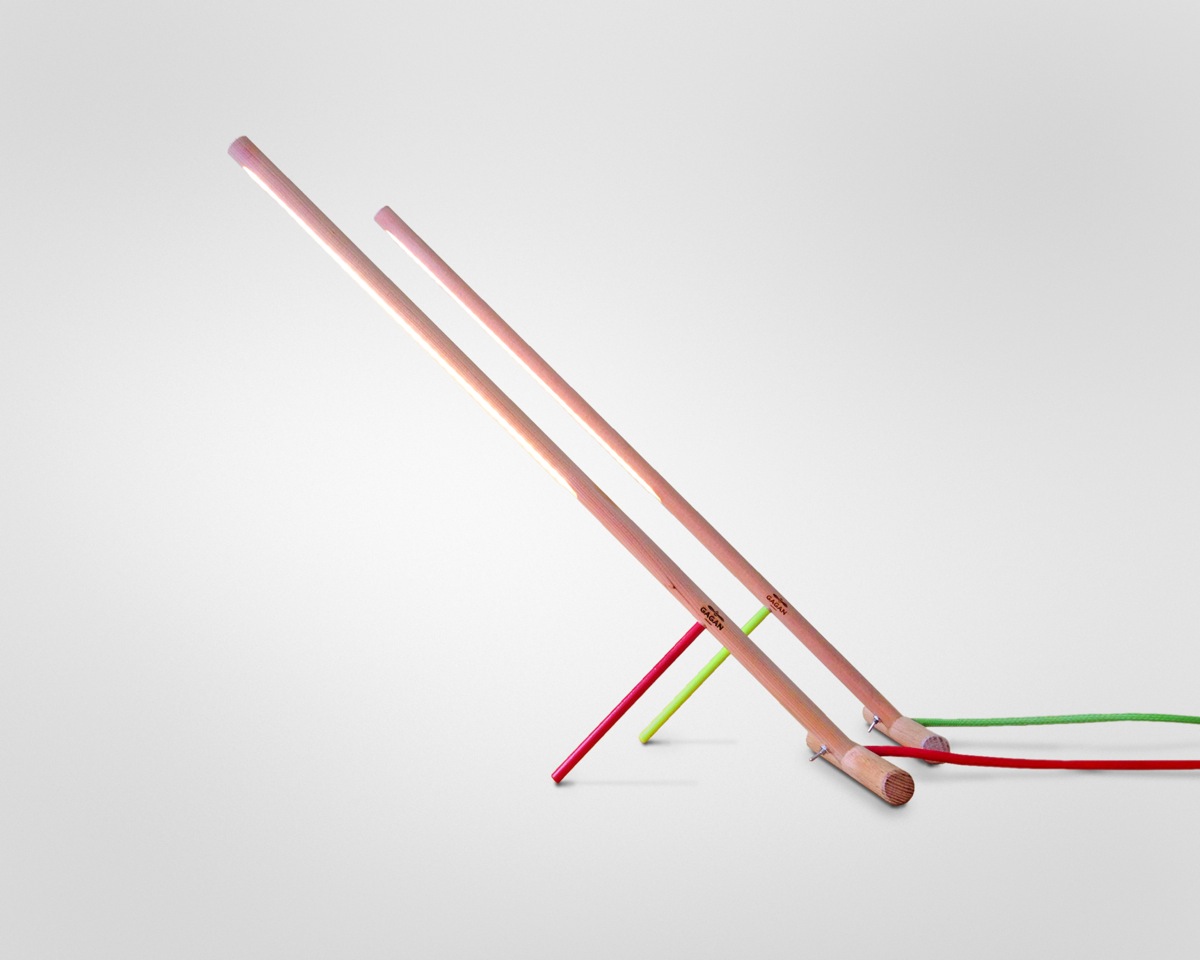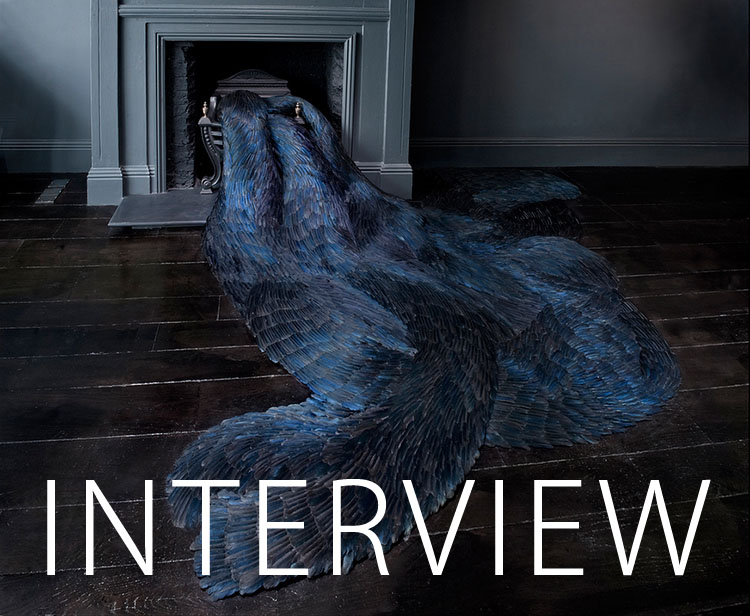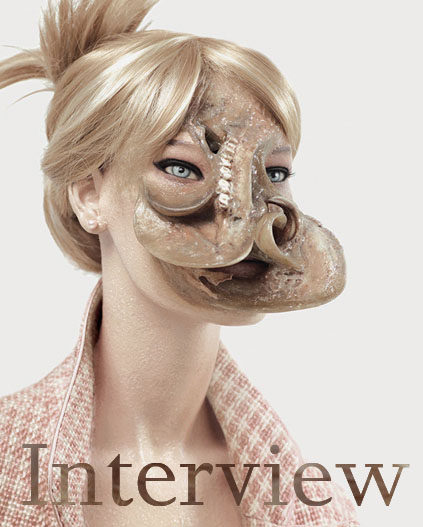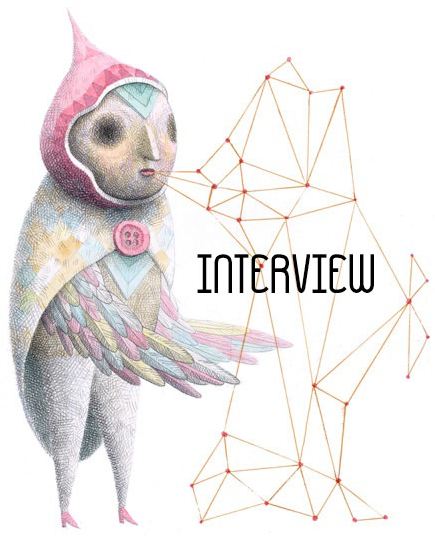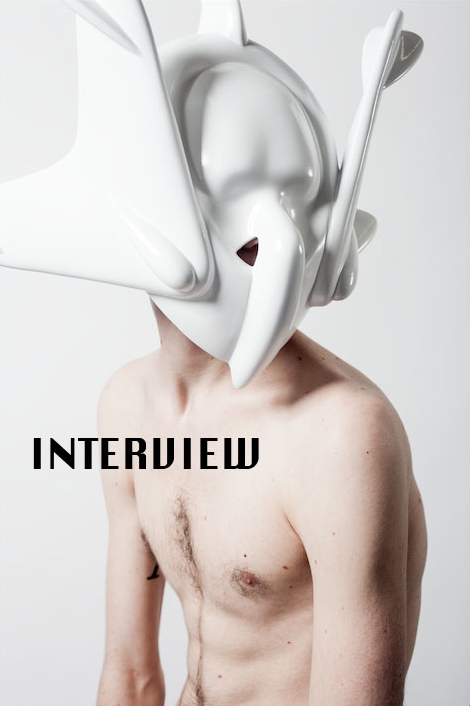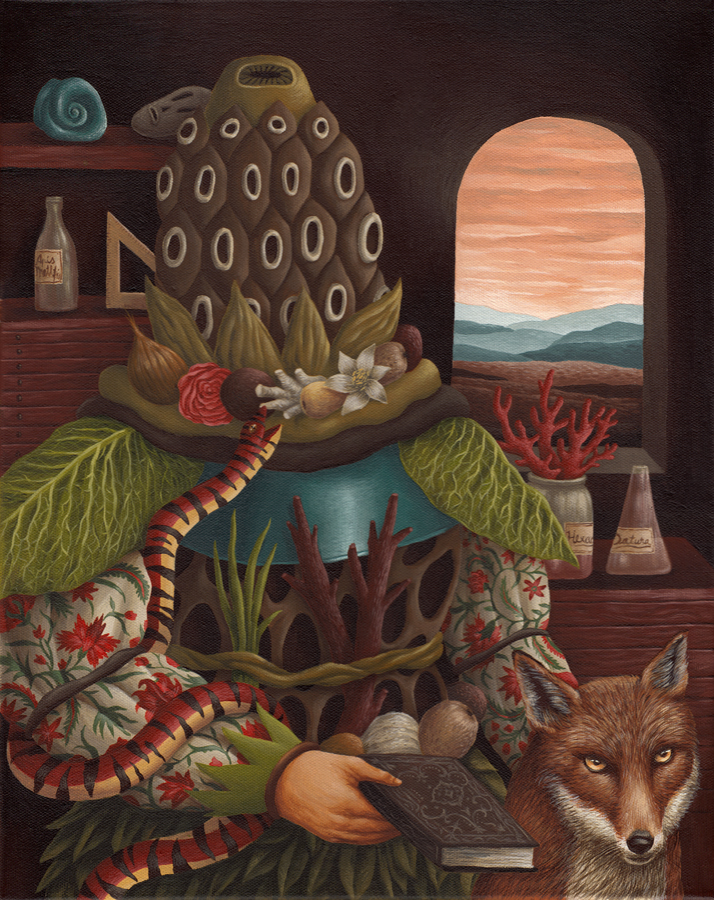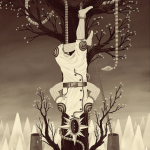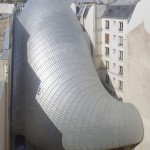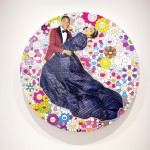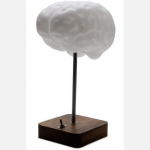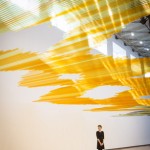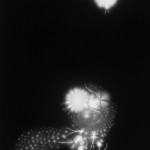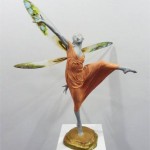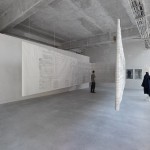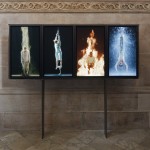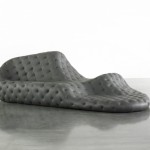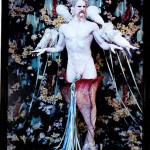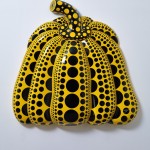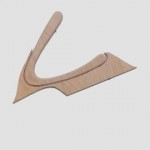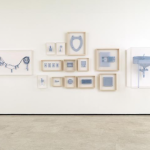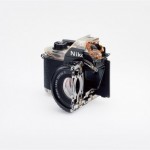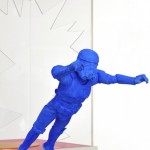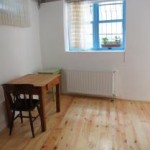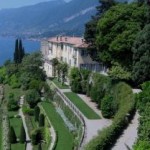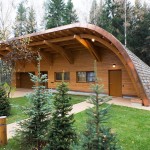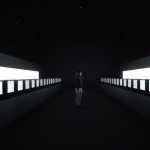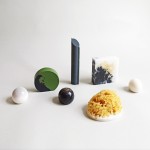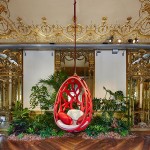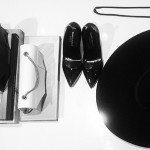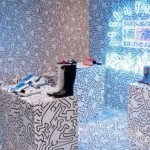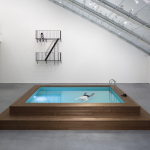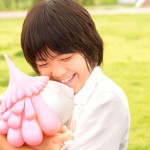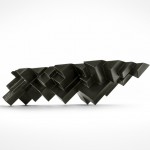INHALE is a cultural platform where artists are presented, where great projects are given credit and readers find inspiration. Think about Inhale as if it were a map: we can help you discover which are the must-see events all over the world, what is happening now in the artistic and cultural world as well as guide you through the latest designers’ products. Inhale interconnects domains that you are interested in, so that you will know all the events, places, galleries, studios that are a must-see. We have a 360 degree overview on art and culture and a passion to share.

Located in the neighborhood of Minami Aoyama, just few blocks away from Herzog & De Meuron’s iconic building for Prada, there is a new building by Kengo Kuma that makes us rethink two things: matter and business culture.
Everything has potential to be marketable in a culture highly shaped and driven by consumerism as contemporary Japan. This is not a new phenomenon and dates back to Edo Period, when a consumer society emerged in order to support the large amount of military people living in what would later become Tokyo.
Recently we have heard about the winning bid to host there the next Olympic games in 2020, under the idea of ‘hospitality’ as the new thing to export from Japan. It is true that anyone could or is already using such ideas as a flag to claim a new fad, but it is also true that in Japan the concept of ‘O-MO-TE-NA-SHI’ (the Japanese word for hospitality) has been present for long when it matters to business.
Clad in a wooden lattice and bringing to mind some of the sculptures of Japanese artist Tadashi Kawamata, the building set in a corner defies the observer to guess its content. When walking by the quiet street, there is a man standing at the front door inviting people inside to enjoy a cup of tea and a piece of pineapple pie without any charge. People are free to buy a cake without any compromise. The story sounds like a challenging business model but indeed it seems to works. Everything is rooted in the encounter of ideas of two entrepreneurs. One is a Taiwanese, running among other businesses a brand of pineapple pies to support farmers at his hometown and activate their economy. The other is a Japanese architect seeking to make of his practice something more ‘democratic‘ according to his words. Both are simple but very honest approaches to their own businesses.
Almost one year ago we published an interview with Kengo Kuma about Wisdom Tea House. This time we had a chance to interview him again regarding his latest project SunnyHills, in which he incorporates previous material lessons on wooden structures and is gradually refining his building techniques.
via domusweb.it


